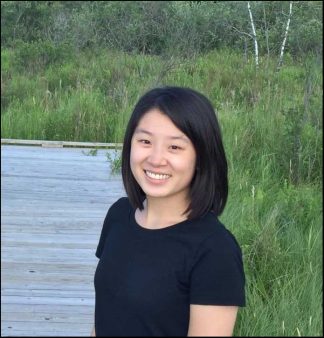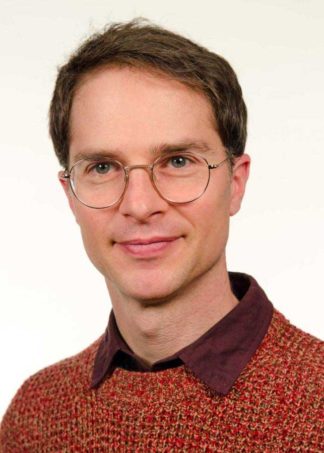By Allison Campbell-Jensen
A doctoral student in Sociology needed a new tool. “I recently got access to a new level of data for Twitter,” says Amber Hamilton. To handle the data, she needs to write scripts. Fortunately, a workshop on the programming tool Python was being offered by Software Carpentry and she signed up online.
“It happened at the perfect time.”
Software Carpentry is a workshop series offered by the Digital Arts, Sciences, and Humanities — and DASH is an alliance of nine University units, including the Libraries, the College of Science and Engineering – Information Technology, Research Computing, Health Sciences Technology, Liberal Arts Technologies and Innovation Services (LATIS), and more. Software Carpentry instructors include librarians, Minnesota Supercomputing Institute staff, CSE-IT people, U-Spatial staff, and graduate students from psychology and plant biology.
Some faculty may think of programming languages like Python and R as soft skills, says Cody Hennesy, Journalism & Digital Media Librarian, who is the campus coordinator for Software Carpentry.
“If you are a biologist, you might not want to take up class time to talk about Python,” he says. As a graduate student, “you might use it but there’s this gap.”
Workshops fill the gap
When someone — faculty member, graduate student, or staff in the sciences or social sciences — just needs to learn to use the tools, taking computer science classes typically is not the answer. Workshops also are offered on such topics as databases and SQL (structured query language), how to use the Unix shell, and version control with Git and Github.
Chaochih Liu, now a doctoral student studying plant population genetics and bioinformatics, learned programming skills as an undergrad from a mentor. She began to teach informally, then was certified to be a Software Carpentry instructor. The Carpentries is a global nonprofit that teaches foundational coding and data science skills to researchers around the world. The open access scripts and exercises are refined by instructors over time, Hennesy says. Liu says she learned a great deal about how to teach foundational coding skills — and how to teach in general — from the Software Carpentry instructor certification process.
Liu has taken a couple of computer science classes, but they emphasized theory. Theory is useful, however a majority of researchers can accomplish their research goals without knowing the in-depth theory. Oftentimes, foundational coding skills are sufficient for many research projects. She points out that these workshops are very accessible: They reach participants at the practical level they will need the skills.
‘Open your eyes and take these opportunities’
“It’s sort of a perfect thing to be doing online.”
—Chaochih Liu
Ethan Yao, a doctoral student in the Carlson School of Management, recommends these workshops.
“Grad students, especially in their first year, should try it,” he says. “Open your eyes and take these opportunities.”
He also is interested in text analysis. Through his Software Carpentry workshop, Yao connected with Hennesy, who is expert in text mining, and has taken other workshops that Hennesy co-teaches with colleagues in LATIS.
When it comes time to work on his dissertation, he says, “I will use some sort of textual analysis and what I learned about Python and R.”
Formerly offered in person, workshops now are virtual. For Liu, it’s more challenging, as she cannot read the room. Yet Hamilton welcomes the format. “I’m glad that they’ve adapted it,” she says. “It’s sort of a perfect thing to be doing online.”
As more learn the tools, the hoped for results include better research reproducibility and data management, which benefits all in the research community.





